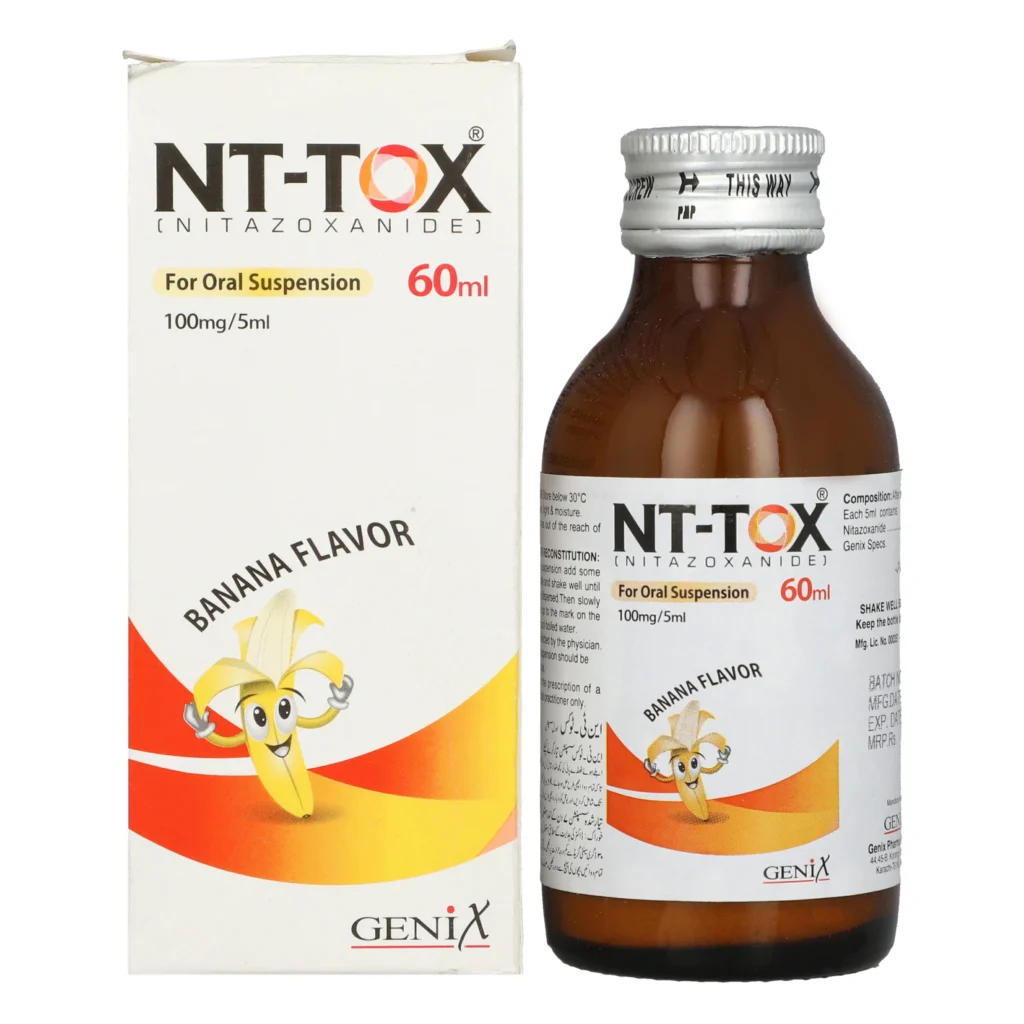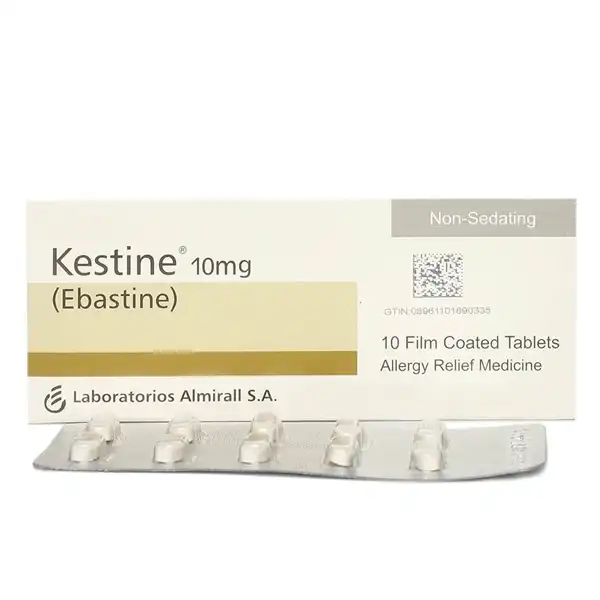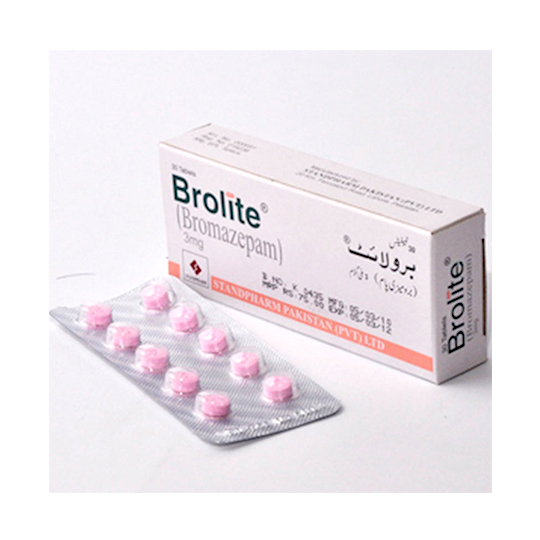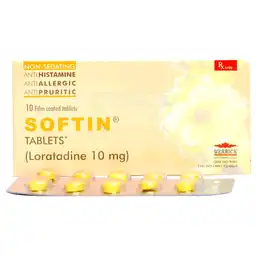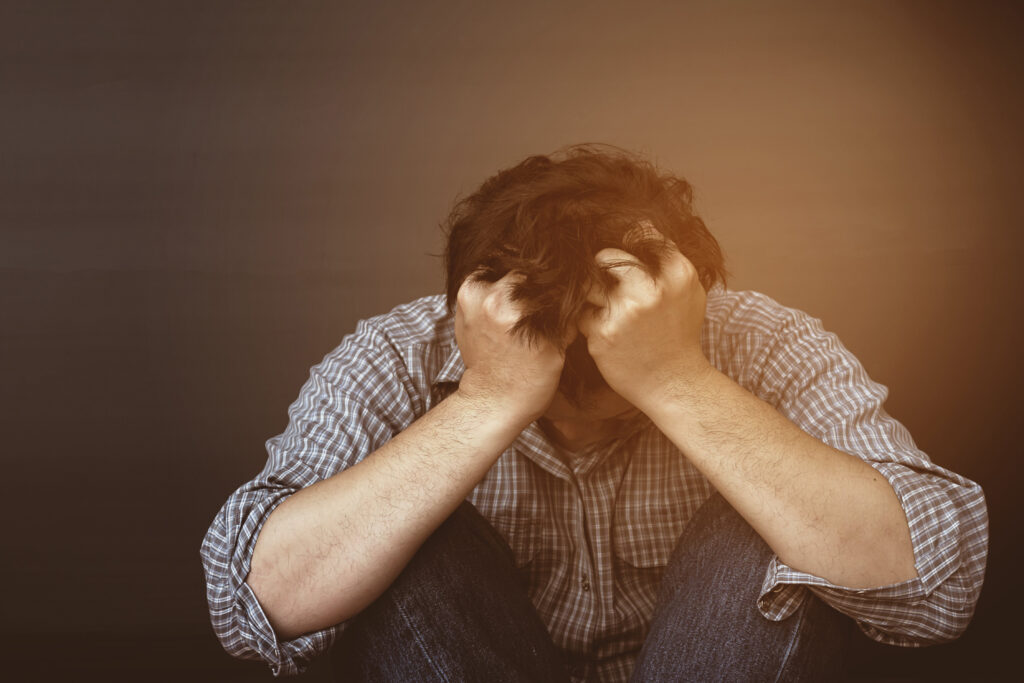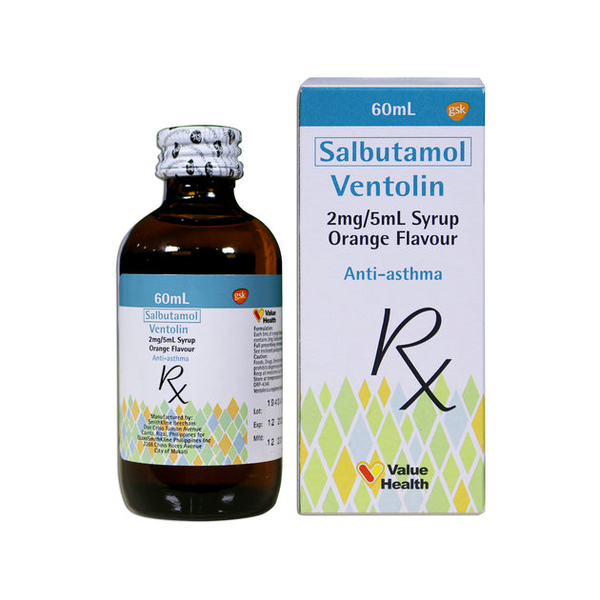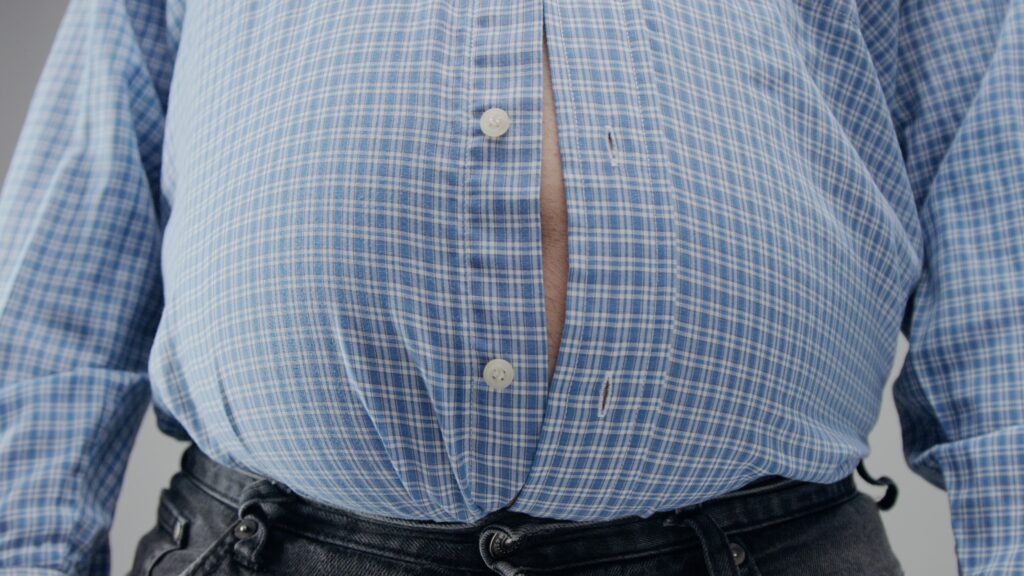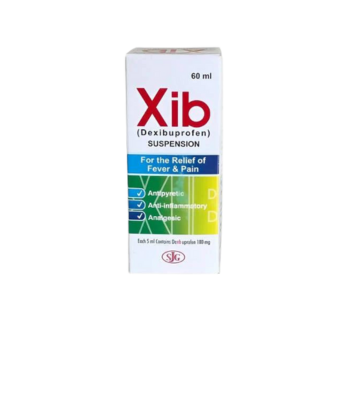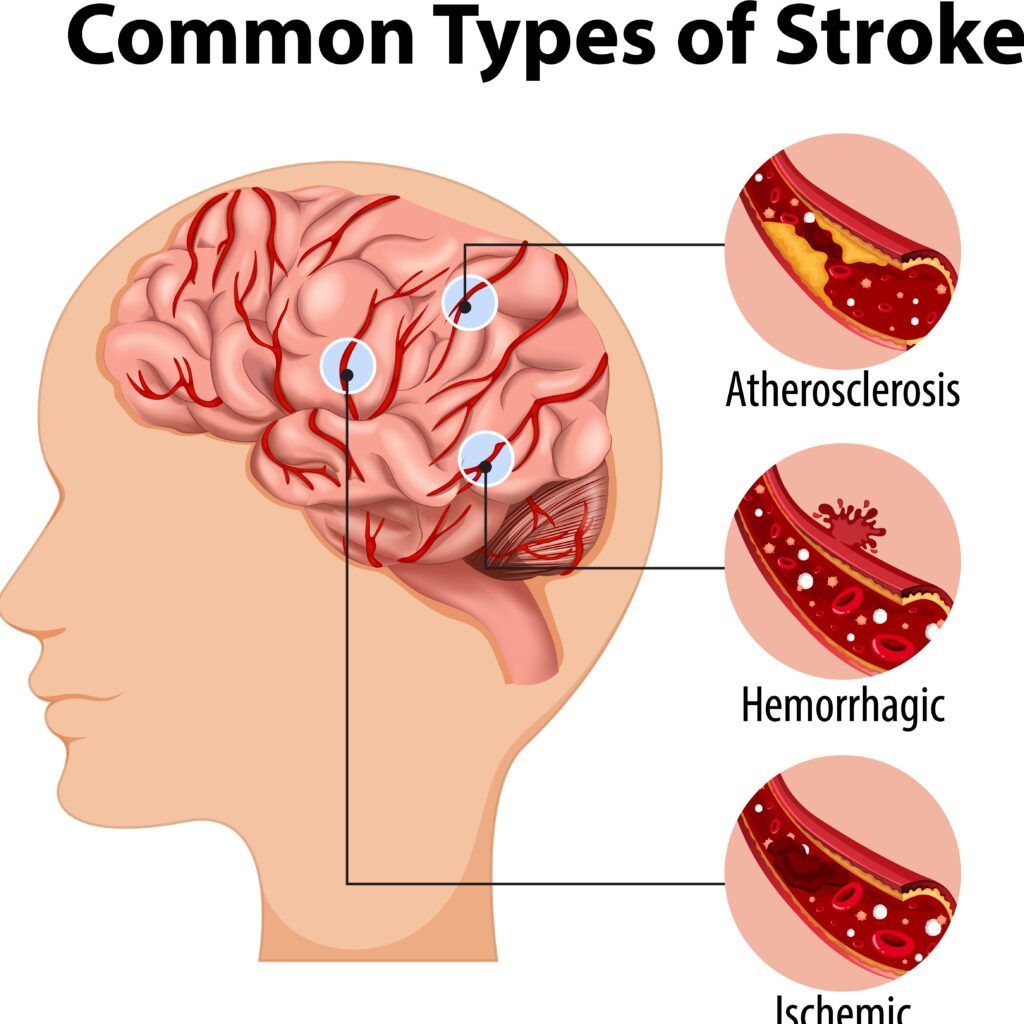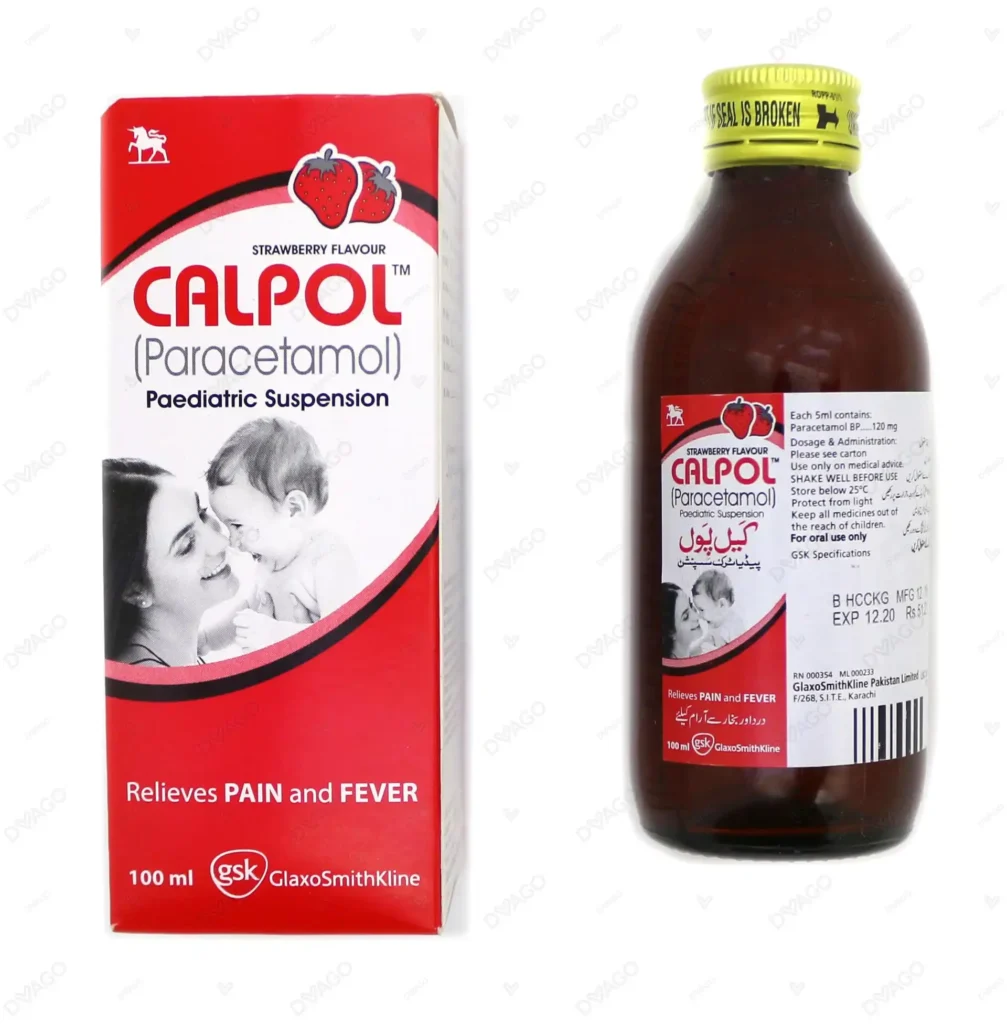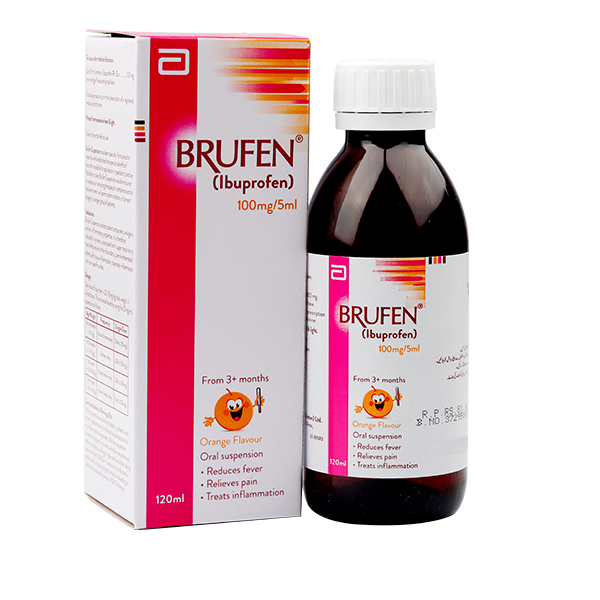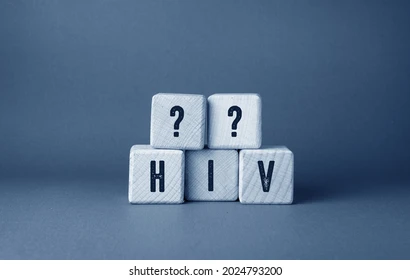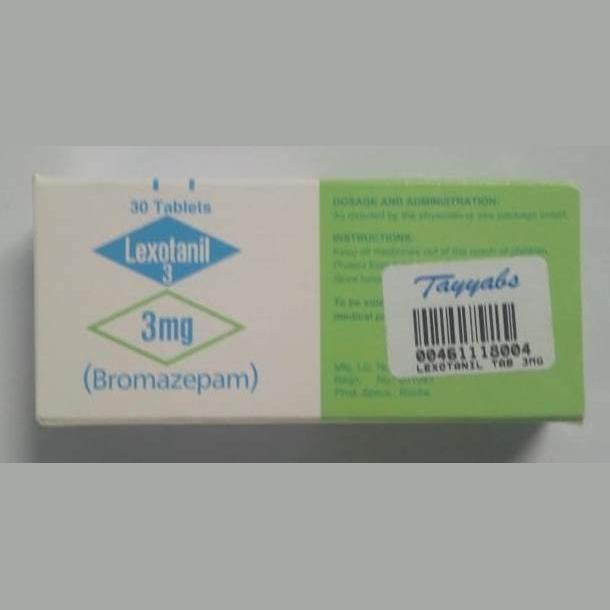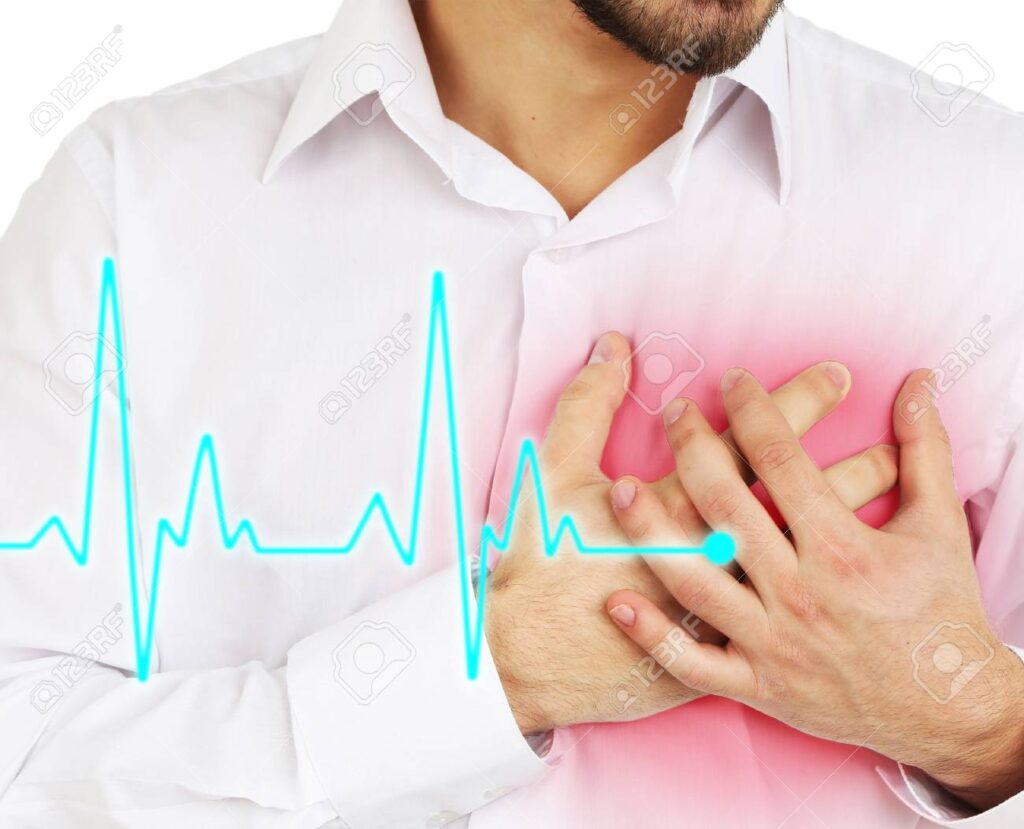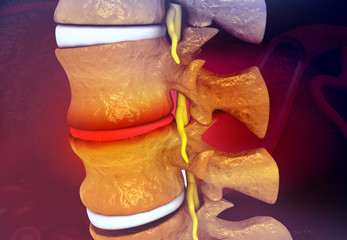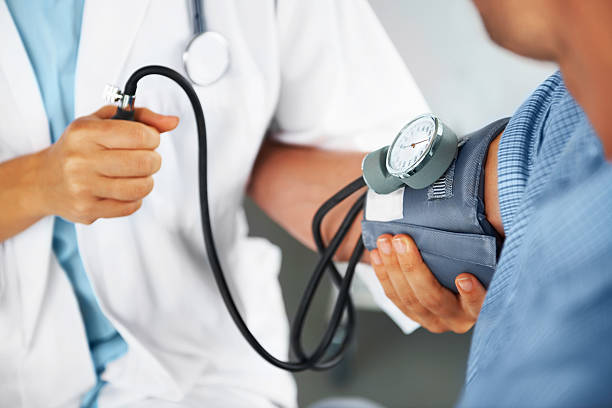NT-Tox Syrup: Uses, side effects and precautions.
General overview: NT-tox syrup is used for patients with gastrointestinal diseases such as diarrhea. It is caused by the protozoa as Cryptosporidium parvum and Giardia lamblia. it contains nitazoxanide as an active ingredient. It belongs to the category of medications known as antiprotozoal agents. It attacks the protozoa that cause diarrhea and stops the growth of that protozoa. manufactured by: Genix Pharma Ingredients in Nt-Tox syrup It contains Nitazoxanide as an active ingredient. Dosage: Use according to doctor’s prescriptions. how Nt-Tox syrup works? Mechanism: NT- Tox syrup operates through a medium that targets the energy metabolism of protozoa, particularly Cryptosporidium parvum and Giardia lamblia. it interferes with their metabolic pathways, by this way, it injects their capability to thrive and replicate within the gastrointestinal tract. This dislocation eventually leads to the removal of the protozoa from the body, reducing the symptoms related to gastrointestinal infections, similar to diarrhea, abdominal pain, and nausea. Nt-Tox syrup Uses: it is used to treat the gastrointestinal infections such as Diarrhea Abdominal pain Nausea View more: Kestine tablet Uses, Side Effects, and Precautions Nt-Tox Syrup Side effects: this syrup has no such side effects but there is less chance that an individual may feel some side effects and everyone should themselves aware of these side effects. Rash Itching/swelling Headache Stomach pain Dizziness Precautions: An individual must take some precautions before using Nt-tox syrup. If you are allergic to it, don’t use it. inform your doctor if you are pregnant. Use cautiously in the breastfeeding era or consult a doctor for better advice. Additional information: keep this syrup away from kids. keep away from sunlight. don’t keep it in a very warm place. Store below 30 degrees Celsius Nt-Tox syrup price in Pakistan The price of this syrup in Pakistan is: 142.39 Disclaimer: This article is just for information purposes only. Don’t it as a medical or doctor’s advice.
NT-Tox Syrup: Uses, side effects and precautions. Read More »
